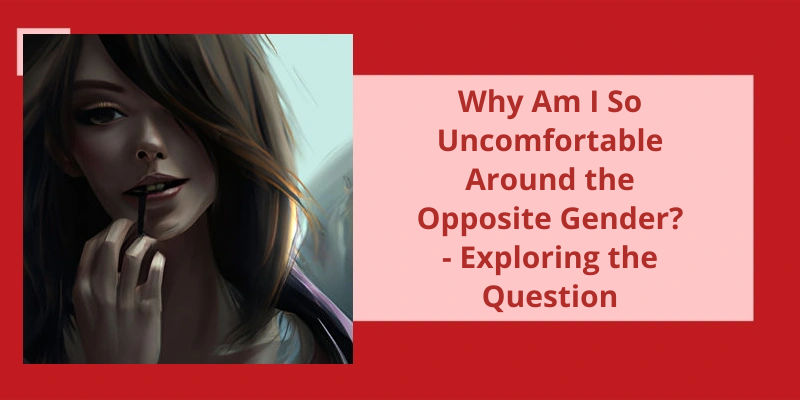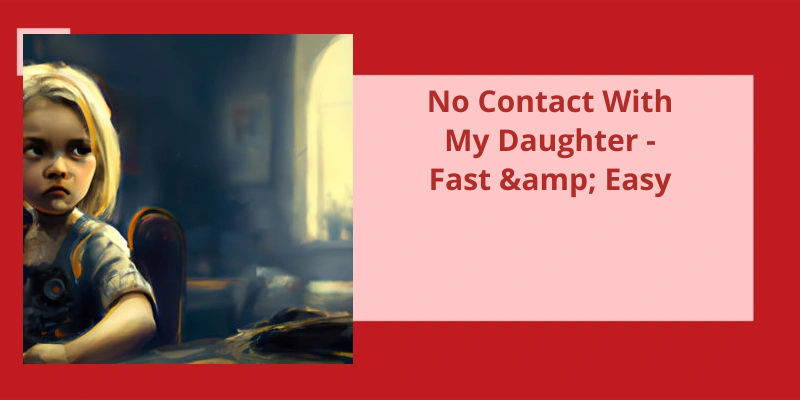partner
When you are in a relationship with an avoidant partner, it can be difficult to navigate the challenges that come with it. Avoidant partners tend to be emotionally distant, and they may be unwilling to engage in meaningful conversations or address issues in the relationship. This can lead to a lot of frustration and conflict, as it can be difficult to get your partner to open up and address the issues that are causing tension. Fighting with an avoidant partner can be especially difficult, as they may be unwilling to engage in the conversation or may shut down completely. It is important to be patient and understanding when dealing with an avoidant partner, as it can be difficult for them to open up and express their feelings. With patience and understanding, it is possible to work through the issues and find a way to communicate effectively.
What strategies do you use to resolve conflict with an avoidant?
Dealing with conflict in healthy ways is an important skill to have. It is important to talk about conflict early and often, be willing to hear the other person out, stay calm and not get defensive, be respectful of the other person, and try to find a solution that works for both of you. By following these tips, you can ensure that conflicts are resolved in a healthy and productive manner.
Overall, it is important to remember that conflict is a normal part of life and it is important to learn how to handle it in a healthy way. By following the tips outlined above, you can ensure that conflicts are resolved in a respectful and productive manner. This will help to create a healthier and more harmonious environment for everyone involved.
Do people with Avoidant Personality Disorder tend to avoid conflict?
Avoidants are often driven by a fear of conflict and emotional upheaval. This fear is rooted in past experiences of being engulfed and rejected by another. As a result, they will go to great lengths to avoid any situation that could potentially lead to conflict or emotional distress.
Avoidants are highly sensitive to conflict and emotional distress, and this sensitivity is often rooted in past experiences. As a result, they will do whatever they can to avoid any situation that could potentially lead to conflict or emotional upheaval. Understanding this can help partners of avoidants better understand their behavior and provide them with the support they need.
What strategies do dismissive avoidants use to manage conflict?
People with a dismissive-avoidant attachment style are not afraid of abandonment or the end of a relationship. They are more likely to end a relationship when conflicts arise, rather than trying to work through them. This attachment style can be difficult to manage, but understanding it can help people better understand their own behavior and that of their partners.
Dismissive-avoidant attachment styles can be difficult to manage, but understanding it can help people better understand their own behavior and that of their partners. People with this attachment style are not afraid of abandonment or the end of a relationship, and often look for the fastest way out of a conflict. Knowing this can help people better manage their relationships and make better decisions.
Do people with Avoidant Personality Disorder reach out?
It is clear that exes who are avoidant will not reach out to their ex on their own accord. This is due to the feeling of trauma and vulnerability that they experience when they do. This can be difficult to deal with, but it is important to remember that it is a normal reaction and that it is possible to work through it. With patience and understanding, it is possible to move forward and create a healthy relationship with an ex.
Overall, it is important to remember that exes who are avoidant will not reach out to their ex on their own accord. This is due to the feeling of trauma and vulnerability that they experience when they do. It is important to be patient and understanding when dealing with this situation, as it can be difficult to work through. With the right support and understanding, it is possible to create a healthy relationship with an ex.
What does an avoidant fear?
Avoidant adults often struggle to form close relationships due to their fear of rejection and discomfort with closeness. This fear of closeness can lead to high levels of avoidance, which can be detrimental to their relationships and overall wellbeing.
High levels of avoidance can be a sign of underlying issues such as fear of rejection and discomfort with closeness. It is important to recognize these issues and seek help in order to form healthy relationships and improve overall wellbeing.
What is it that Avoidants truly desire?
Avoidant people need independence and autonomy to feel comfortable in relationships. It is important to communicate with them in a way that does not surprise them, and to plan quality time together in advance. This will help them to feel in control and more open to intimacy.
Intimacy can be a difficult thing for avoidant people to handle, as it can make them feel out of control. To help them feel more comfortable, it is important to communicate with them in a way that does not surprise them, and to plan quality time together in advance. This will help them to feel more secure and open to intimacy.
How would you like to talk about this?
“
it is important to be aware of your avoidant partners needs and to make sure that they feel comfortable expressing them. Asking questions such as “Is this movie really OK with you?” can help your partner feel loved and accepted for who they are.
Jordans advice is invaluable when it comes to understanding and caring for an avoidant partner. By taking the time to ask questions and make sure that your partner is comfortable expressing their needs, you can create a loving and supportive relationship.
What strategies do you use to cope with a partner who has an avoidant personality?
it is important to create a safe and supportive environment for your loved ones to express their feelings and experiences. By encouraging them to speak openly and honestly, you can provide them with a safe harbor to share their deepest fears and biggest disappointments without fear of judgement or rejection.
Creating a safe and supportive environment for your loved ones to express their feelings and experiences is essential. By letting them know that you are ready and willing to be their safe harbor, you can provide them with the assurance that they can share their deepest fears and biggest disappointments without fear of judgement or rejection.
Will an avoidant initiate contact after a period of no contact?
Going no contact with a dismissive avoidant is a difficult but necessary step to take in order to protect yourself from further emotional harm. It is important to remember that the dismissive avoidant will not reach out to you, as they are used to you initiating contact.
It is important to be aware of the red flags that come with a dismissive avoidant, as they can be difficult to spot. By going no contact, you are taking the necessary steps to protect yourself from further emotional harm. It is important to remember that the dismissive avoidant will not reach out to you, as they are used to you initiating contact.
For how long should one practice no contact with an avoidant person?
Going no contact is a powerful tool for any attachment style, but it is especially effective for the fearful avoidant. It is important to give the process the necessary time to work, usually three to four weeks, in order for the fearful avoidant to start to feel those emotions for you again and become activated. Going no contact is a difficult process, but it can be a powerful way to reconnect with a fearful avoidant.
Do Avoidants have genuine feelings for you?
Avoidants may not be the most outwardly affectionate people, but if they are giving you their time and energy, it is a sign that they care about you and prioritize you. It is important to recognize this as a sign of their affection and to appreciate it.
Avoidants may not be the most open people, but if they are willing to give you their time and energy, it is a sign that they care about you and value your relationship. It is important to recognize this and to show them that you appreciate it.
Do Avoidants realize that they have hurt you?
Dismissive avoidants often have a fear of being hurt and will often warn of potential heartbreak before a relationship even begins. This is a sign of their self-awareness and can be a sign of their own vulnerability.
Dismissive avoidants often hurt themselves after a break-up, as they are aware of the potential for pain. It is important to be aware of this and to be understanding of their feelings in order to help them through the process.
What are Avoidants’ thoughts?
Avoidant partners often struggle to form meaningful relationships due to their fear of being seen as clingy or dependent. They prioritize independence and self-reliance over closeness and intimacy, which can make it difficult to form a strong bond with someone.
Avoidant partners can benefit from learning to be more open and vulnerable in relationships. By allowing themselves to be more dependent on their partner, they can form stronger connections and experience the joys of intimacy. With the right support, they can learn to trust and rely on someone else, and create a healthy and fulfilling relationship.
Conclusion
When arguing with an avoidant, it is important to remember that they may be struggling to express their feelings and emotions. It is important to be patient and understanding, and to try to find a way to communicate that is comfortable for both parties. Avoidants may have a high opinion of themselves, but it is important to remember that they are still capable of feeling and expressing emotions. With patience and understanding, it is possible to have a productive conversation with an avoidant and to come to a resolution.






